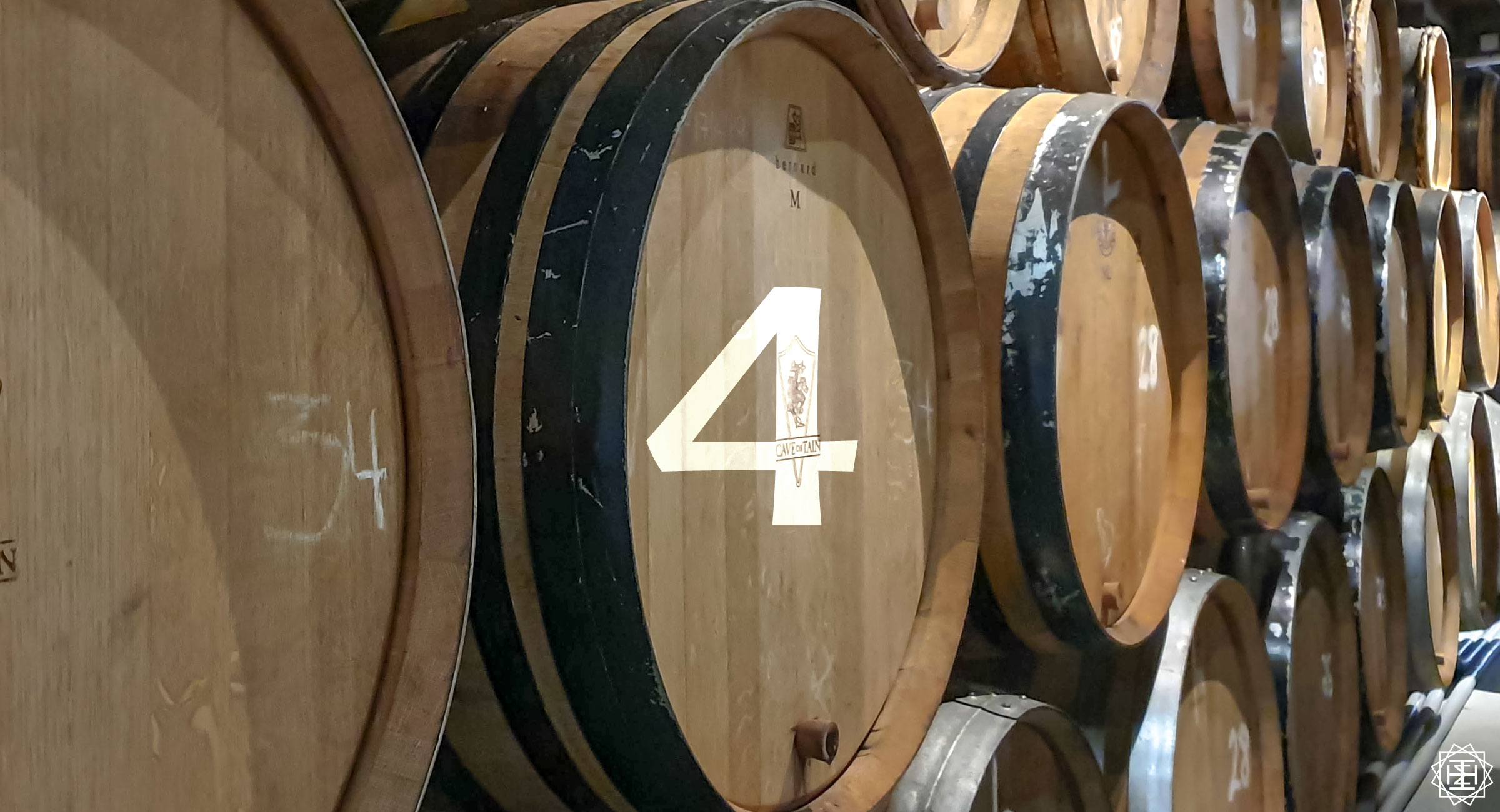The Lord Hears my Cries – Translating Psalm 4
This psalm is raw with emotion, and of faithful trust in who God is. There is such a strong opening, and reminder that God is the one who was a previous source of justice for David (who is noted as the author). From a state of oppression God rescued him. It took me three days to translate these eight verses. While some were grammatically complex, it had more to do with my context. As I sat down to start the city I am from – Minneapolis – was scheduled to hand down the verdict for an agent of the state. This agent murdered someone. Someone who was marginalized and suppressed due to the hate and supremacy built into systems. The verdict was due, and after translating the opening verse it just too much for me to continue.
Psalm 4
The Lord Hears my Cries
For the music director, with stringed instruments. A psalm of David.
1When I cry to you, answer me, God of my justice, *
you rescued me when I was oppressed,
be gracious with me now, *
and hear my prayer.
2How long will you people turn my glory into shame, *
love what is worthless, and pursue lies?
Selah
3But know that the Lord has set the faithful apart for himself; *
the Lord hears when I cry out to him.
4Tremble in your anger but do not sin; †
meditate in your heart, *
while on your bed, and be still.
Selah
5Offer your righteous sacrifices, *
and trust in the Lord.
6Many are asking, "Who can show us anything good?" *
Lord, let the light of your face shine upon us!
7You put more gladness in my heart, *
than when others overflow with grain and new wine.
8In peace I will lie down and find sleep, *
for you alone, Lord, let me dwell in safety.
Rescue us from Oppression
The verdict that was returned found the state agent guilt. The first time in the history of Minnesota in this context. God is a God of our justice. Yet the man who died was not rescued, and remains absent from our world.
It was this pain that I felt. I still feel it deeply for many of my friends who still live there. For those neighbors known and unknown who are still under oppression. My frustration that God seems to not hear our prayers as He did Davids.
Rendering the first verse (paragraph) of this psalm I chose to do a few things. The first was to accentuate and delineate the two periods of time. The first line speaks to the Lords previous intervention and rescue of David. By adding the word ‘now’ (which is not present in any of the sources) we accentuate the shift in tense for the hearer. Secondly we chose different terms than have historically been used; justice instead of righteousness, and oppressed in place of distress. You may read into the context I was translating into for the choice, and you wouldn’t be wrong. It truly felt like the spirit of God was speaking to me through these words, at this moment.
Children of Humanity? People sounds fine.
In the second line there is an explicit reference to the “sons of man” as those who are transforming glory into shame. Those are two words which we will not be using in this context as they are not actually accurate to the authors intent. Many modern translations simply drop the sons portion since of men are still just men. We could render this out as something like Children of Humanity, or using other broadly inclusive language. Yet it just feels clunky, and so we’ve chosen here to use the word people. It is correctly inclusive as everyone is doing this to the psalmist.
Let them Exclaim
Many people don’t know that there is nearly no grammar present in the source texts for the bible. Everything from the presence of quotation marks, commas, line breaks, question marks, and exclamation points are placed there by people translating the text.
Every person and group have different conceptual models for when and how they punctuate their translations. Since we are working on the Psalms and Canticles for the use in a breviary (which we chant) we are intentionally following the structure of provided in Latin monastic breviaries/durinals.
While that may explain the grouping, and line breaking of the texts it does not explain other punctuation. As a general rule we are going to use periods unless there is an overwhelming need for something else. Question marks are clear since there is phrasing and words that indicated questions are being asked. We see that in this text:
Many say/ask: "Who can show us...?"
Yet in the following line we use an exclamation point! In this case the Greek uses a vocative case for the word Lord (κύριε of the root κύριος). Vocative indicated a direct address or exclamation. While this is clearly a direct address to the Lord (in Hebrew – YHWH – יהוה) the emotional tone of this pairing was enough to use the exclamation point here.
Pondering on name of the Lord
One thing that we haven’t accounted for is how we render יהוה (YHWH). We are choosing to render it as Lord (which has a strong tradition behind it). You may have noticed in some translations that the word is cased different from others. Instead of Lord/Seigneur you see Lᴏʀᴅ/Sᴇɪɢɴᴇᴜʀ (I have not noticed this as frequently in French as in English). The point here is to indicate to the reader that the name is YHWH.
Since our texts are meant to be read and prayed out loud these typographical nuances feel less helpful. While our storage system for these texts is full UTF-8 compatible (meaning that it can safely store a much more expanded set of characters, including these small caps letters) we have not yet done so. In part, it has to do with how we process and render the texts. The font that we are currently using does not have these characters included, so they look terrible. We can address this with styling, but then the question becomes how do we know to wrap and render these specific words different.
The 4 Moments of this Psalm
We’ve mostly focused on the first moment so far (verse 1). David finds himself again in a time of trouble calling upon the Lord. He is reminding himself, and God, of the faithfulness God has shown to him in the past.
The second moment (verse 2-3) David gives us the most clarity into his current situation we receive. There is a group of people who are slandering him, and twisting his good deeds into shameful ones. David draws a line in the sand of those who are against him and those who are faithful to God. While my personal skepticism alarm is going off (David did many things documented in Scripture that are against Gods law and will for which he is deserving of shame and accountability), I do see in his broad us/them response often in myself as well. I must regularly remind myself that I know not who is faithful, and who is not. All I do know is that God loves everyone, and that there is no condemnation for those in Jesus.
The third moment (verses 4-5) David shares a way back to faithfulness. Reflection, holding our pain in tension with the need to forgive, and the challenge of stillness. This is not the only way to experience repentance (a return back to God). I personally find the phrasing of “Tremble in your anger” challenging. There is an affirmation that anger may not be misplaced, or undeserving, and yet we are told here to be still. Throughout the Bible and the Psalms we are reminded that justice is the Lords, and that God will repay that which is owed. There is no shame for feeling powerful emotions. David calls us to not respond in sin, to go to bed, and be still.
In verse 5 we have the exhortation to make sacrifice to the Lord and to then trust in God. While as a Christian there is no longer any need for any temple sacrifice, we must follow the example of turning towards and moving towards God. Trusting God is hard when we have been hurt, when we are oppressed, threatened, and those around us are being killed. In these overwhelming times we must remember God is with us, and that trusting God is an active state of being. To be faithful is to not be passive, but a call to active communion and walking with God.
The final moment (verses 6-8) is the promise of Gods comfort, presence, and peace. It is just a wonderful encouragement to us in all times. There is not anything to add to what is already in those three verses.
Wonderful Compline
This psalm is a part of Compline (night prayer) on Saturdays, and the first night of solemnities (major celebrations). In particular this psalm will always be read the night before the resurrection. I’d encourage you to go re-read the psalm with all the events of the Passion in mind. Jesus, arrested and murdered by the Roman state. Yet in the midst of his torture and murder Jesus trusts in God. Knowing his life would be taken Jesus continues to trust that he dwells in safety, and that the Father hears him when he cries out.
These same words meet us when we pray, and they meet those who lie down to sleep in desperate need for Gods gracious rescue. And just because I love the last three verses of this psalm so much I am including them again to close.
Many are asking, "Who can show us anything good?" * Lord, let the light of your face shine upon us! You put more gladness in my heart, * than when others overflow with grain and new wine. In peace I will lie down and find sleep, * for you alone, Lord, let me dwell in safety.
Selecting a Title
This is a very raw, painful, desperate, and hopeful psalm. So much to try to capture in one title. In these situations it can be helpful to think of the precipitating, or pivot point. In this psalm we are confronted immediately by the psalmist crying out to the Lord. The assurance that the Lord hears us our cries is the hope of this psalm. The Latin title we have is “Gratiarum Actio” which translates to something like “Thanksgiving” or “Give Thanks”. That name leaves me wanting. So focusing on our hope the title becomes “The Lord Hears my Cries”.
Initial Translation Finished 23 April 2021
Notes
Translations for Urban Monastic are open to refinement and improvement. This has been translated. Yet, this is a reminder that no translation is ever complete. Cultures change, languages change, we better understand the source texts and languages, and adapt them as they get used in context. We will continue to refine and enhance our translations. If you are interested in helping, please let us know!
Photo Credit
Jordan Prins taken 7 September 2019 at the Brasserie Cantillon in Brussels.


